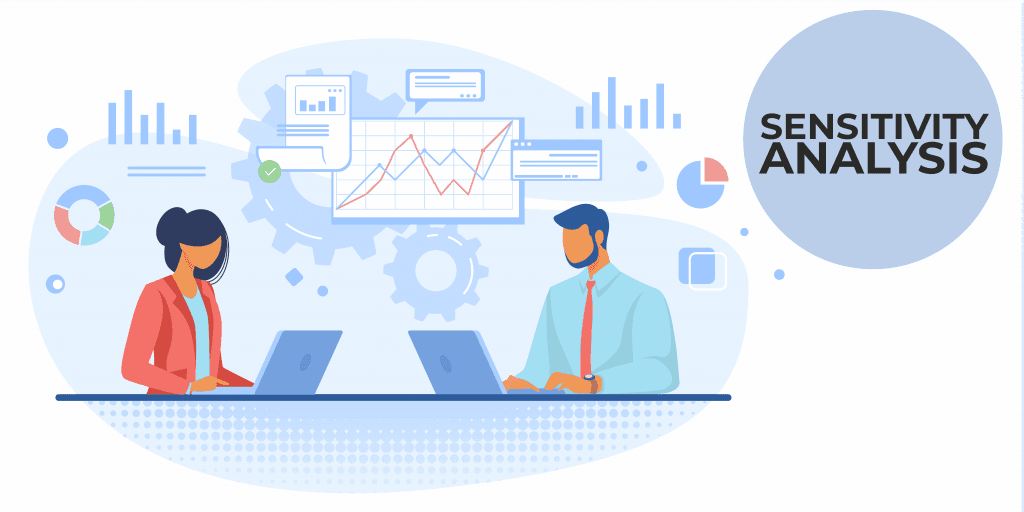Risks vs Issues. Understand Residual Risk and Secondary Risk
18 Nov 2017
Risk is an uncertain future event whereas the Issue is a current event. All Risks are Issues but not all Issues are Risk.
Let’s understand the Residual Risks and Secondary Risks.
1. Residual risks are identified risk by stakeholders and they are also called known unknown risks.
2. Residual risks are not documented into Risk Register which means these are those risk which the organization has accepted.
3. Every organization has a risk tolerance range. Which is the degree, amount, or volume of risk that an organization or individual will withstand or accept and residual risk are in this tolerance range.
4. The Risk Score (probability multiply by an impact) defines the organization’s tolerance range.
5. The probability of occurrence of Residual Risks is very low and even if they occur the impact is insignificant. These risks are low scored risks.
6. Residual Risk is documented in the Watch list.
7. For residual risk, the project manager will not prepare a risk response plan. The risk response plan is only prepared for risks that are documented in Risk Registered and they are high scored risks.
8. You should continuously monitor the risk on the watch list and should not ignore them. Sometimes these risks are the main causes of project failure.
Let’s understand Secondary Risks. These are those risks that occur as direct result of implementing the risk response plan. Yes, you will have to document secondary risk in Risk Register and you will have to prepare a risk response plan for secondary risk as well which is now called secondary risk plan. This approach will improve your project success percentage.
Let me explain the concept of Secondary Risk by example. Consider, you have purchased a health insurance policy for transferring the cost burden of health issues. Here, health insurance is a risk response plan. Now, this health insurance premium payments itself turned out as another risk which is a secondary risk. Hence, if you have not purchased the health insurance you would not have to pay the premium of it.
Kailash
Kailash Upadhyay is a well-known trainer in the Project management field who has helped many professionals around the world to acquire PMP, PgMP, PfMP, MPI-ACP, and MS Project certification. You can reach out to him at [email protected] or over his LinkedIn network. https://www.linkedin.com/in/kailashupadhyay/





